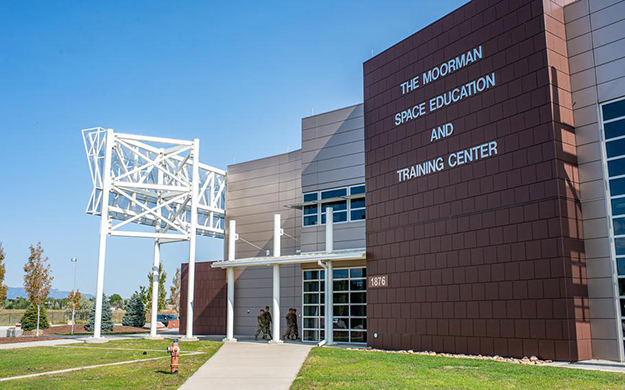The Supreme Court's decision to overturn Roe v. Wade (known as Dobbs v. Jackson Women's Health Organization) - which eliminated federally guaranteed access to abortion - has raised questions among some congressional and service members.
The decision has left the right to an abortion up to the states to decide, thus creating uncertainty as to whether or not some military members can receive either abortion or reproductive health care services.
An Aug. 13 Military.com article, points out that the decision to move the U.S. Space Command from Colorado to Alabama may be complicated.
In Colorado, abortion access in unrestricted; in Alabama, it is illegal with limited exceptions. A move raised concerns for some Colorado lawmakers who believe it will negatively impact some troops' quality of life, as well as harm the military's recruiting and retention efforts.
Sen. Michael Bennett, D-Colo, told Military.com that the move concerns him because of the impact it may have on some service members.
"I'm deeply concerned about how the Dobbs decision and state abortion bans will affect Space Command's workforce and readiness if the command leaves Colorado," wrote Bennet in an emailed statement.
The possible move of Space Command to Alabama comes as the Space Force's Space Training and Readiness Command (STARCOM) also looks for a home.
The command is exploring bases in California and Colorado - where abortion access is widespread and mostly unrestricted - and at Patrick Space Force Base in Florida, where state law doesn't make abortion available past 15 weeks and there are no exceptions for rape or incest.
"Air Force leaders are working closely with the Office of the Secretary of Defense to review the impact on the force of the Supreme Court's recent ruling in Dobbs," said Rose Riley, a spokesperson for the Department of the Air Force.
Katherine Kuzminski, a senior fellow at the Center for a New American Security think tank explained that the locating of bases in areas that may impact service members does have a significant effect on public opinion.
"It certainly comes up in the discussions, whether it be about future basing operations or future military recruits - like, what are the perceptions of the military if they aren't able to get abortion access or when any social issue gets involved," Kuzminski told Military.com.
As for access to abortion service, she does not think the Dobbs decision will have a major impact on basing decisions. "I actually don't think it changes as much as we think it does, because the laws were restrictive on Department of Defense in the first place."
The Pentagon has posted at www.defense.gov (scroll down go to the Aug. 12 entry) a question-and-answer document to help service members understand how the court's recent decision affects them.





Read Comments